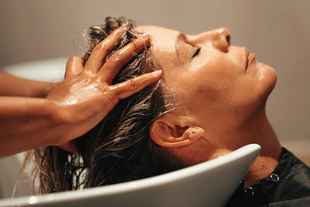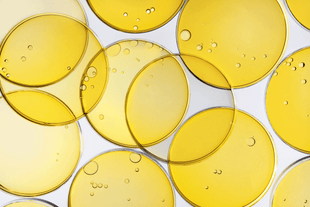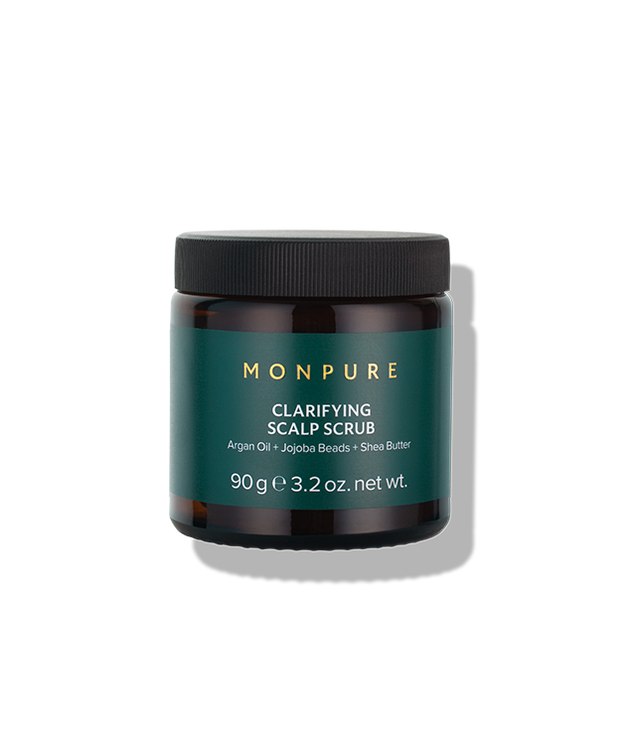Treating Scalp Acne
Did you know that acne extends beyond the face and that many people experience scalp acne?
Not only does acne plague many of us in our teens, but in fact adult acne is on the rise: a 2018 review found that acne affects between 12% to 22% of women aged 26 to 44 (for men, that figure is around 3%). While a 2016 study found that it affects 85% of women between the ages of 12 and 24.
While acne mainly occurs on the face, it can also appear on other areas of the body, such as the chest and back – and the scalp. This comes as no surprise given that your scalp has a lot of oil glands (roughly 200-500 in every cm2 of scalp-skin). The acne occurs when the hair follicle becomes blocked with dead skin and oil, which is a breeding ground for acne-loving bacteria such as propionibacterium acnes. The result? Scalp breakouts, manifesting in unsightly red bumps along the hairline and a sore, bumpy scalp.
As tempting as it is, you should refrain from squeezing or picking these scalp spots or cysts. Not least because you usually can’t see them if they’re at the back of your head, so you’re prodding around blindly and can’t see the damage you’re doing. Plus, the pressure from squeezing can worsen the infection and inflammation of the spot in question, leaving it more sore and red (and can lead to scarring and hair loss in the bargain).
The Causes of Scalp Acne
As with any type of acne, scalp acne has many causes, ranging from stress, hormonal imbalance, eating certain foods, and inflammatory responses to infection can all be contributing factors. From a nutritional standpoint, a lot of people believe (although clinical studies have yet to prove) upping your intake of omega 3 in your diet makes a big difference, as it apparently helps to reduce the amount of inflammation that causes the oil glands in your scalp to go into overdrive. Great sources are salmon and tuna or cod liver oil supplements (or seaweed and chia seeds if you’re vegan). Cutting down on sugar and sugary drinks can also help in the same way.
How to Unclog your Follicles
Using a lot of heavy oil- and silicone-based styling products can also cause scalp congestion and acne, which is why you should wash and treat your hair and scalp with formulas containing high-quality, natural ingredients. You may find that what works to help treat hair loss can equally be an effective scalp acne treatment (clogged hair follicles can lead to both stunted hair growth and break outs). Lactic, retinol and salicylic acid are all heroes in this respect, speeding up cell turnover and dissolving dead skin cells that can cause said clogging – all of which can be found in our Follicle Boost Hair Density Serum. While keeping the scalp toned and hydrated is another way of balancing oil levels and keeping spots at bay. Our Hydrate and Soothe Scalp Serum contains witch hazel, a natural astringent which mops up excess oil on the scalp, while aloe vera hydrates and can help calm any red, angry cysts.
Say Goodbye to Scalp Acne with Exfoliation
As with your face, regularly exfoliating your scalp can be another way of keeping scalp acne at bay. Our Clarifying Scalp Scrub works to sweep away dead, flaky skin and product build-up. (If you use it around your hairline, it can also help to get rid of any residual makeup and gunk that might have got trapped there.)
If your scalp acne is serious, you might want to book an appointment with your GP or dermatologist. Or you can drop our team of experts a line at info@monpure.com with any queries or questions you may have.

















